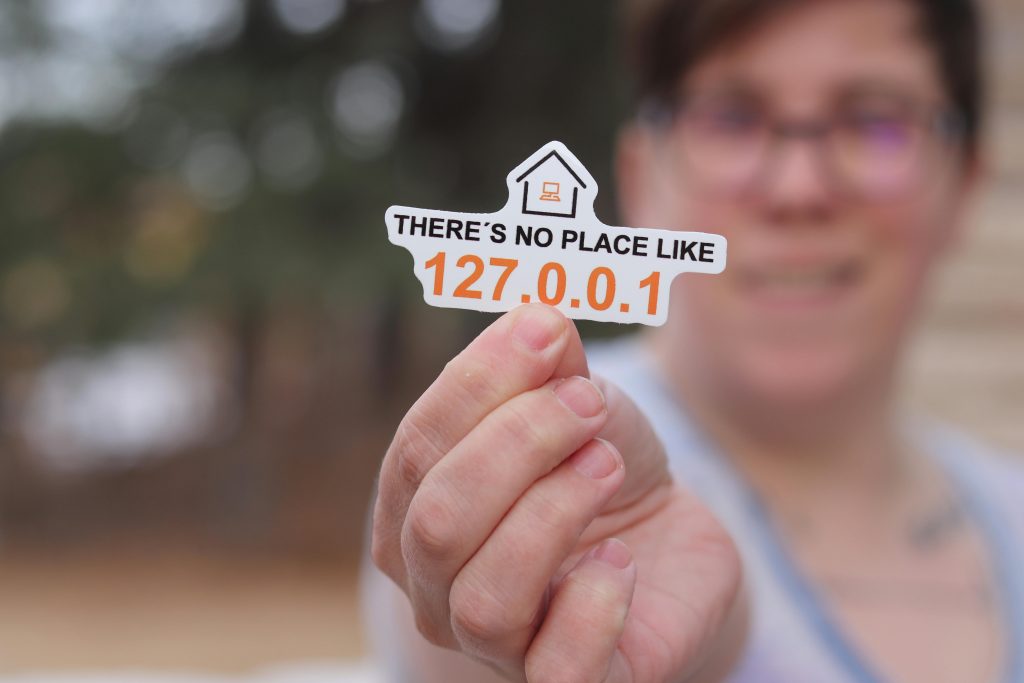Robin Khokhar
Robin Khokhar is an SEO specialist who mostly writes on SEO. Thus sharing tips and tricks related to SEO, WordPress, blogging, and digital marketing, and related topics.
While there are millions of unique IP addresses in most countries, nearly 143 million in the U.S. alone, as of the latest...

Image Credits: pexels
While there are millions of unique IP addresses in most countries, nearly 143 million in the U.S. alone, as of the latest statistics available, many people don’t know what their IP address is or that there are even different types.
IP addresses allow devices connected to the Internet to communicate with web servers, and there are many different types. Do you know the primary differences between a static or dynamic IP or a private vs. public IP address? And why does it even matter?
Each device on your home or business network gets its own private IP address which is by the router, whether it’s a desktop, laptop, smartphone, or Smart TV. As a private IP address only operates within the local network, you and your neighbor might even be using the same one, but as they’re on a different network, they don’t need to be unique. Many devices across the globe can have the same private IP without clashing.
Your IP address can potentially reveal quite a bit about you, and any website can track and record it when you visit. Sites often save that data along with other information that’s gathered about your preferences and interactions. When posting in online forums, the posts will typically have your IP address linked to them, that Ip address can exposes your online activity. While websites generally don’t release those IP addresses, hacks have become common, and once someone knows what IP address is linked to you, they can start following your online activities. Your address can be kept private by using a VPN, which allows you to mask it easily and even choose the country you’d like your new IP address to be from.
Your public IP address is assigned by your Internet Service Provider (ISP). It’s what your router uses to communicate with the wider net. If you’re asking, “What is my IP?” you’ll find many free tools available to look it up. If you have multiple devices that use the same Internet connection, they’ll all share the same public IP address. It’s tied to all of your Internet activity, and if the ISP receives a notice about any illegal activities on their services, that address will tell them which customer is behind it. It’s how behaviors like illegal downloads can be traced back to you.
There are two different types of public IP addresses, static and dynamic. Dynamic IP addresses are primarily used by households rather than businesses and change over time. They’re assigned by your ISP and change every time your device is rebooted, you change your network configuration or add a new device to your network. The changes rarely have an impact on your connection.
Static IP Addresses, on the other hand, never change. They’re typically assigned to servers that provide FT services, host websites or offer email, but they can be given to public organizations which need consistent web addresses and stable connections. While some individuals use them for VOIP connections or gaming, they usually aren’t used for individual households as they come with an additional charge, require additional security measures, and are easier for data mining companies to track.
Suggested:
4 Tricks To Find Someone’s IP Address.
5 Simple Ways to Change Your iPhone IP Address.